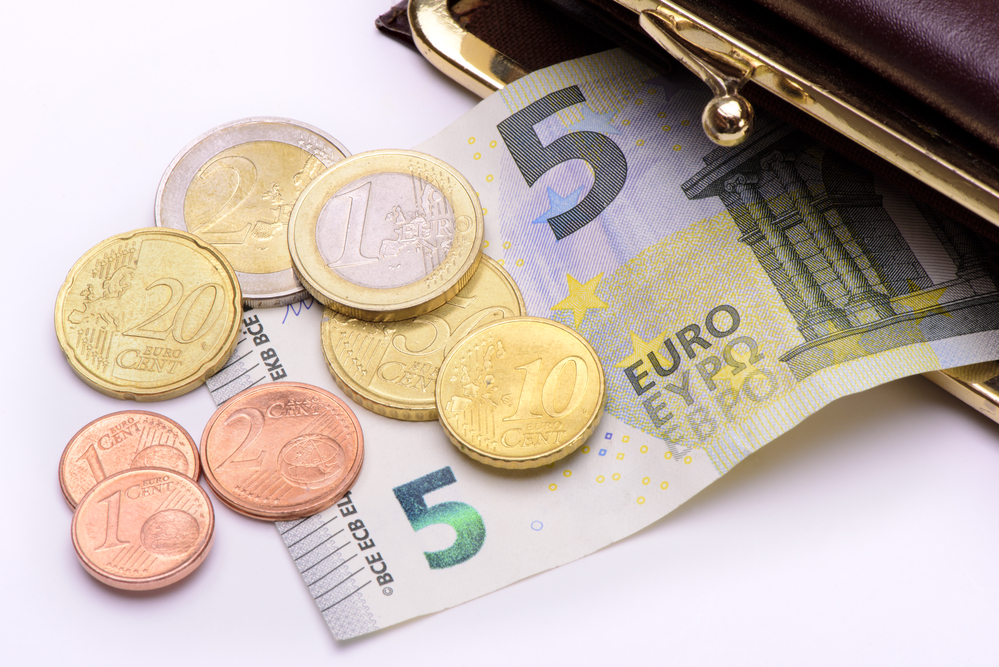Seven in 10 Dutch women are economically independent

Last year 70% of women and 83% of men in the Netherlands were economically independent, roughly the same as in 2022, according to new figures from national statistics office CBS.
The share of women earning at least a subsistence income has risen steadily over the past decade, reaching seven in 10 last year. In 2014, just 57% of women earned enough money to keep themselves.
Economic independence is defined as having a net monthly income at or above the subsistence level, which was €1,295 in 2024.
Most people who are not economically independent rely on social security benefits, while a smaller group is in paid work but earns below the subsistence level.
In 2024, 30% of non-independent women were employed, compared with 26% of men. This is partly because women are more likely to work part-time and have lower hourly wages.
Women are also more likely than men to have no income at all. These women often have a partner with an income and are typically older and more likely to have children, the CBS said.
The largest difference between men and women was found on the strictly Protestant former island of Urk, where 89% of men and 60% of women were economically independent.
The gender gap is smallest in larger cities. In Groningen, 77% of men and 72% of women were economically independent and the differences were also relatively small in Amsterdam, Utrecht and Nijmegen.
Thank you for donating to DutchNews.nl.
We could not provide the Dutch News service, and keep it free of charge, without the generous support of our readers. Your donations allow us to report on issues you tell us matter, and provide you with a summary of the most important Dutch news each day.
Make a donation